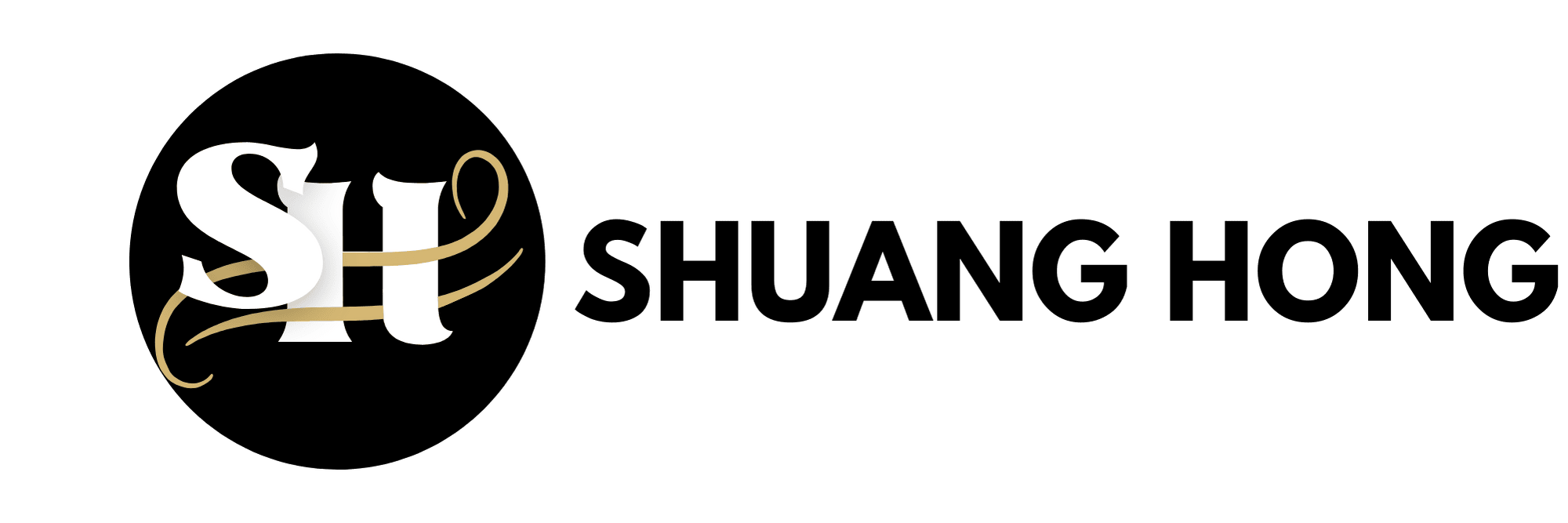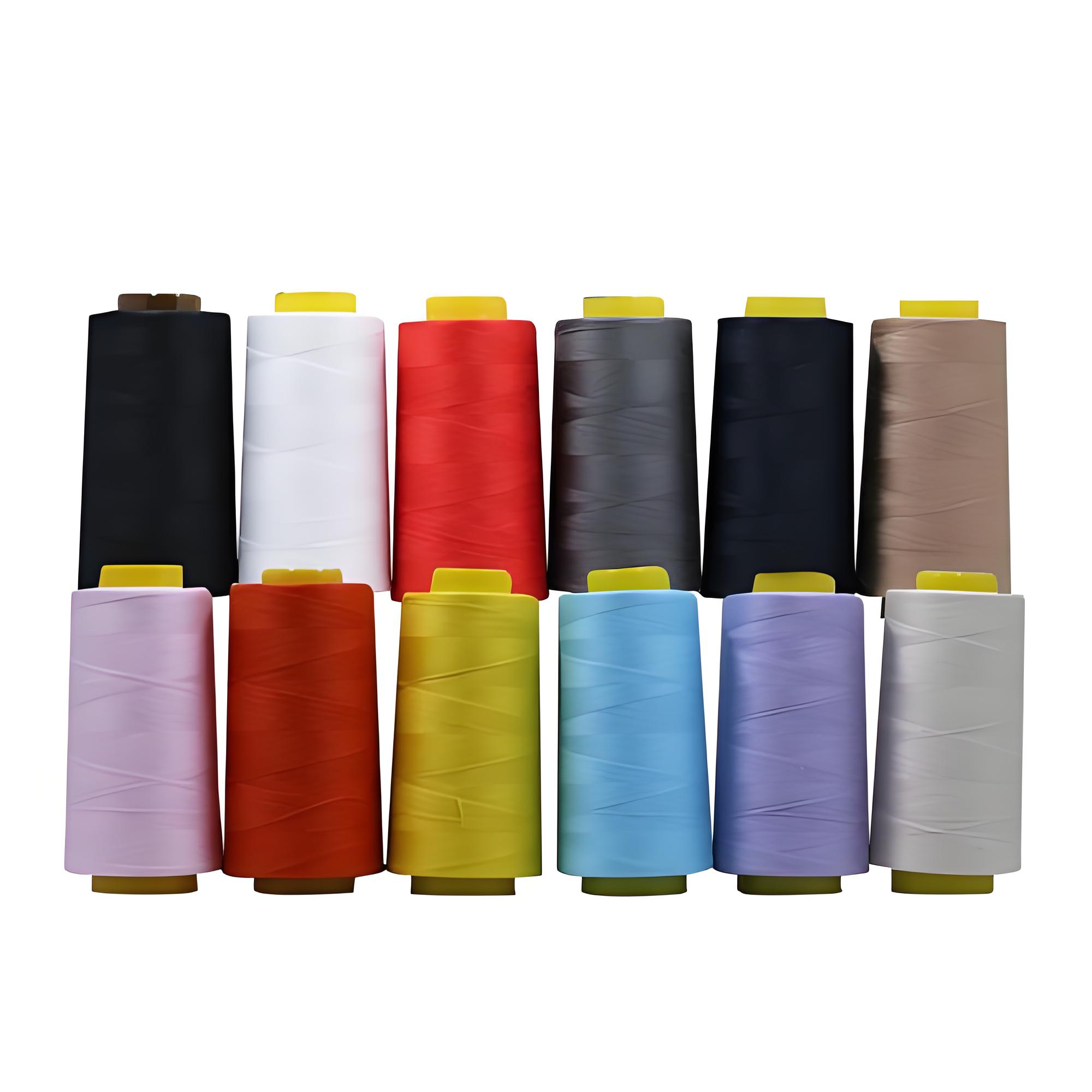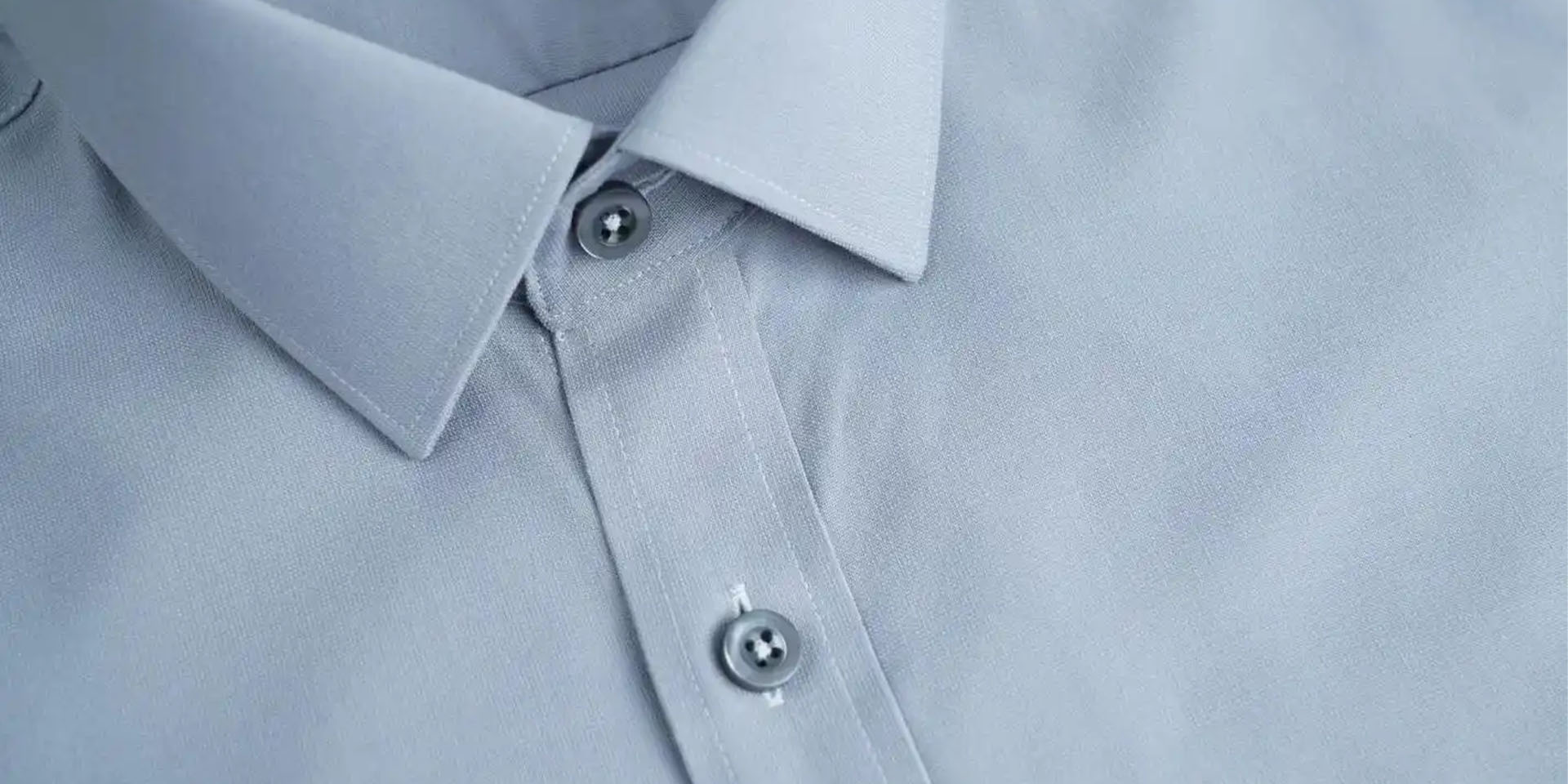Polyester sewing thread 60/2 and Polyester sewing thread 60/3 are two industry-standard variants that dominate textile manufacturing, home furnishing, and industrial production. Renowned for their exceptional strength, durability, and resistance to wear, these threads cater to distinct stitching requirements. Polyester sewing thread 60/2 excels in lightweight, precision-driven applications, while Polyester sewing thread 60/3 is engineered for heavy-duty, high-stress environments. Their versatility spans apparel, automotive interiors, outdoor gear, and technical textiles, making them indispensable tools for achieving durable, high-quality seams. This article explores their unique properties, targeted applications, and the industries that rely on their performance.


The decision to use Polyester sewing thread 60/2 or 60/3 hinges on fabric type, seam stress, and end-use requirements:
- Fabric Weight: 60/2 suits fabrics under 8 oz/yd² (e.g., chiffon, satin), while 60/3 handles materials above 12 oz/yd² (e.g., denim, canvas).
- Stitch Density: 60/2 works with 8–12 stitches per inch (SPI) for fine seams, whereas 60/3 performs best at 6–8 SPI for bulkier joins.
- Endurance Needs: 60/3 is mandatory for load-bearing seams in automotive or outdoor gear, while 60/2 suffices for decorative or low-stress applications.
-
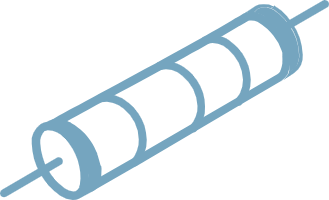 Superior Tensile and Tear Resistance
Superior Tensile and Tear ResistanceWith 50% greater ply density than 60/2, Polyester sewing thread 60/3 withstands heavy loads and repetitive stress. It is the preferred choice for seams in denim jeans, workwear, and leather goods, where thread failure could compromise product integrity.
-
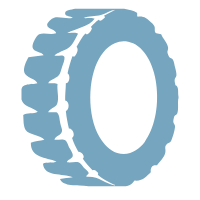 Enhanced Stability Under Tension
Enhanced Stability Under TensionThe thread’s reduced elongation under load ensures seams remain intact even when subjected to pulling or stretching. This property is vital for automotive seat covers, which endure constant friction and weight, and for industrial conveyor belts requiring long-term abrasion resistance.
-
 Compatibility with Thick or Multi-Layered Fabrics
Compatibility with Thick or Multi-Layered FabricsPolyester sewing thread 60/3 is engineered for dense materials like canvas, upholstery fabrics, and technical textiles. Its thickness prevents breakage when penetrating multiple layers, such as in quilted jackets, padded furniture, or heavy-duty tarpaulins.
-
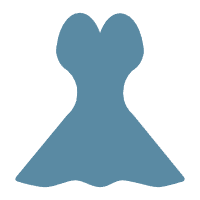 Industry-Specific Applications
Industry-Specific ApplicationsThis thread dominates sectors requiring rugged performance:
Automotive: Stitching car seats, seat belts, and interior panels.
Outdoor Equipment: Reinforcing seams in tents, backpacks, and hiking boots.
Industrial Safety Gear: Assembling fire-resistant uniforms, harnesses, and protective covers.

-
Raadpleging
 Het aanpassingsproces begint met een gedetailleerd adviesgesprek, waarin we de specifieke behoeften van de klant bespreken, inclusief draaddikte, kleurvereisten en toepassingsspecifieke eisen. Ons team van experts werkt nauw samen met de klant om hun unieke eisen te begrijpen en aanbevelingen te doen.
Het aanpassingsproces begint met een gedetailleerd adviesgesprek, waarin we de specifieke behoeften van de klant bespreken, inclusief draaddikte, kleurvereisten en toepassingsspecifieke eisen. Ons team van experts werkt nauw samen met de klant om hun unieke eisen te begrijpen en aanbevelingen te doen. -
Offerte
 Zodra de vereisten duidelijk zijn gedefinieerd, maken we een gedetailleerde offerte waarin de kosten, levertijd en andere relevante details worden beschreven. Onze offertes zijn transparant en uitgebreid, zodat klanten een duidelijk inzicht hebben in de kosten.
Zodra de vereisten duidelijk zijn gedefinieerd, maken we een gedetailleerde offerte waarin de kosten, levertijd en andere relevante details worden beschreven. Onze offertes zijn transparant en uitgebreid, zodat klanten een duidelijk inzicht hebben in de kosten. -
Productie
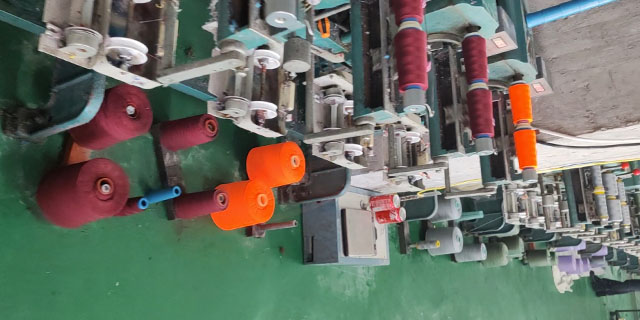 Ons productieproces is zeer efficiënt en kwaliteitsgericht, zodat de op maat gemaakte draden voldoen aan de hoogste normen op het gebied van prestaties en duurzaamheid. We gebruiken ultramoderne apparatuur en strenge kwaliteitscontrolemaatregelen om garens te produceren die de industrienormen overtreffen.
Ons productieproces is zeer efficiënt en kwaliteitsgericht, zodat de op maat gemaakte draden voldoen aan de hoogste normen op het gebied van prestaties en duurzaamheid. We gebruiken ultramoderne apparatuur en strenge kwaliteitscontrolemaatregelen om garens te produceren die de industrienormen overtreffen. -
Verzending
 Na de productie worden de op maat gemaakte garens zorgvuldig verpakt en binnen de afgesproken tijd naar de klant verzonden. We bieden betrouwbare logistieke oplossingen om ervoor te zorgen dat de garens de klant snel en in perfecte staat bereiken.
Na de productie worden de op maat gemaakte garens zorgvuldig verpakt en binnen de afgesproken tijd naar de klant verzonden. We bieden betrouwbare logistieke oplossingen om ervoor te zorgen dat de garens de klant snel en in perfecte staat bereiken.
-
How can I accurately determine whether I should use Polyester sewing thread 60/2 or 60/3 for my project?
The choice depends on three key factors: 1.Fabric thickness: 60/2 is suitable for light to medium fabrics (such as silk, thin cotton, synthetic fibers), while 60/3 is designed for heavy or multi-layered fabrics (such as canvas, leather, car interior). 2.Sewing strength requirements: If it needs to withstand frequent stretching or loads (such as backpacks, car seats), 60/3 is preferred; if it is for daily clothing or home textiles (such as shirts, sheets), 60/2 is more suitable. 3.Sewing machine compatibility: 60/2 is suitable for fine sewing machines with high needle frequency (8-12 stitches/inch), while 60/3 needs to be adapted to heavy equipment with low needle frequency (6-8 stitches/inch).
-
I need a special color, can the customized service meet it? Can the customized color be guaranteed to be exactly the same as the sample I provided?
Our customized service can meet your special color needs. We use advanced dyeing technology and professional color matching system to ensure that the customized color is highly consistent with the sample you provide. Before production, we will provide samples for your confirmation to ensure that the color meets your requirements. If necessary, we can also perform color management according to your brand standards to ensure the color stability of each batch.
-
Als ik kies voor een aangepaste service, hoe lang duurt het dan van bestelling tot levering? Kan het versneld worden?
De doorlooptijd voor maatwerkservices hangt meestal af van de complexiteit van het maatwerk en het ordervolume. Over het algemeen duurt het 15-25 werkdagen van bestelling tot levering. Als je project dringend is, kunnen we je een snelle service bieden. We zullen het productieplan afstemmen op uw specifieke behoeften om een tijdige levering te garanderen.
-
Wat zijn de kwaliteitsnormen van deze twee naaigarens? Zijn er relevante certificeringen of testrapporten beschikbaar?
Onze naaigarens volgen strikt de internationale kwaliteitsnormen, waaronder de ISO 9001-certificering van het kwaliteitsmanagementsysteem en de OEKO-TEX Standaard 100-milieucertificering. Elke partij producten ondergaat strenge kwaliteitstesten, waaronder trektesten, slijtvastheidstesten, kleurechtheidstesten, enz. We kunnen ook gedetailleerde testrapporten leveren op basis van uw behoeften om ervoor te zorgen dat de naaigarens die u gebruikt aan de hoogste normen voldoen.
-
Verstrekt u monsters om te testen?
Veel leveranciers bieden gratis monsters aan om te testen, maar het kan zijn dat klanten moeten betalen voor verzending. Het is aan te raden om het monsterbeleid met de leverancier te bespreken voordat je een bestelling plaatst.
-
Mijn bestelhoeveelheid kan relatief klein zijn. Is er een minimum bestelhoeveelheid vereist? Als de bestelde hoeveelheid klein is, heeft dit dan invloed op de prijs of levertijd?
We begrijpen dat klanten verschillende behoeften hebben, dus we proberen de minimale bestelhoeveelheid te verlagen om aan de behoeften van verschillende klanten te voldoen. Voor standaardspecificaties is de minimale bestelhoeveelheid 100 kilo; voor producten op maat is de minimale bestelhoeveelheid één container. Als de bestelde hoeveelheid klein is, doen we nog steeds ons best om aan uw wensen te voldoen, maar de eenheidsprijs kan worden aangepast op basis van de aanpassingskosten. De levertijd wordt meestal niet beïnvloed door kleine bestelhoeveelheden en we regelen de productie en levering volgens standaardprocedures.
